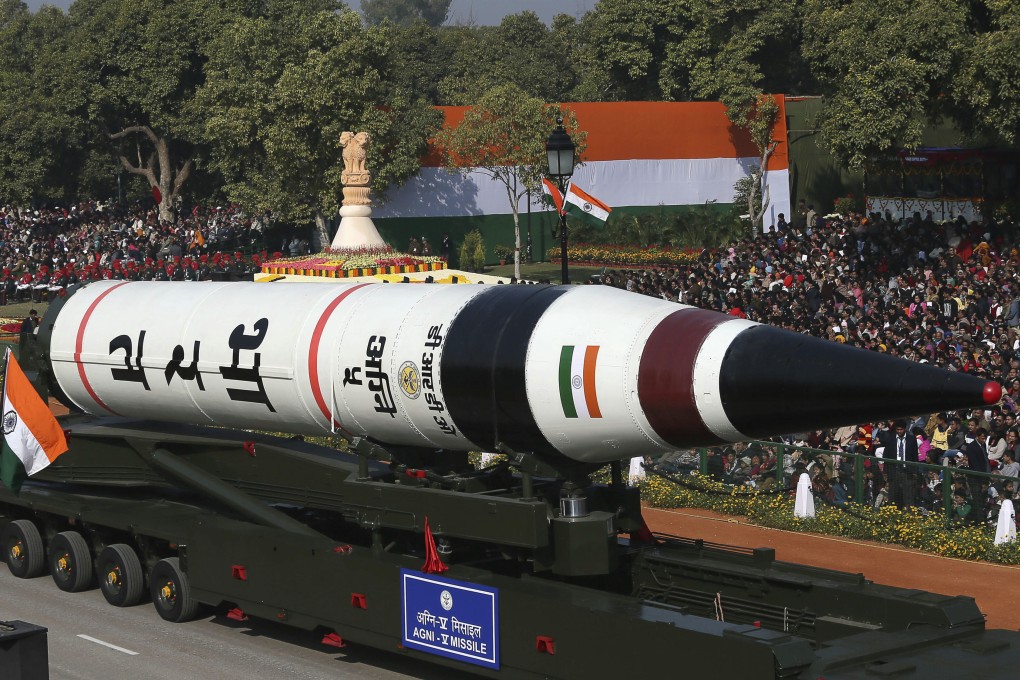Advertisement
Opinion | US fusion breakthrough reinforces the case against live nuclear tests, and India should take note
- The success of virtual nuclear testing has set the stage for ratification of the nuclear test ban treaty, but India still wants to conduct nuclear tests
- A breach of norms against testing should invite universal condemnation and punitive action, and not be enabled by a waiver of sanctions
Reading Time:3 minutes
Why you can trust SCMP

Last month’s fusion ignition breakthrough by scientists in the US reinforced the multilateral norm against live nuclear tests and advanced the earlier work of confining nuclear explosions to within simulation labs. However, it could be bad news for India, which has in the past argued for a resumption of testing to validate its nuclear weapon designs.
The nuclear fusion breakthrough came on December 5, when physicists at the US Lawrence Livermore National Laboratory’s National Ignition Facility were able to produce more energy from fusion than had been used to power the experiment.
The fusion ignition lasted less than a second, but a sustainable chain reaction would allow scientists to test modern nuclear devices on computers, with no need to detonate nuclear bombs in the real world.
Advertisement
With America not conducting any live tests since its unilateral moratorium in 1992, US nuclear scientists switched to supercomputers, lasers and other experimental capabilities to maintain the reliability and performance of the country’s nuclear deterrent.
In 2020, US scientists and other experts opposed any resumption of nuclear testing, following reports that the Trump administration had discussed the idea as a potential warning to Russia and China. Scientists have acquired more knowledge about the physics of nuclear explosions via computer simulations than they did through the live tests prior to 1992.
Advertisement
The success of virtual nuclear testing and the system of compliance verification have set the stage for the ratification of the Comprehensive Nuclear-Test-Ban Treaty, which was concluded in 1996 and signed by 186 countries but has yet to come into force.
Advertisement
Select Voice
Choose your listening speed
Get through articles 2x faster
1.25x
250 WPM
Slow
Average
Fast
1.25x
